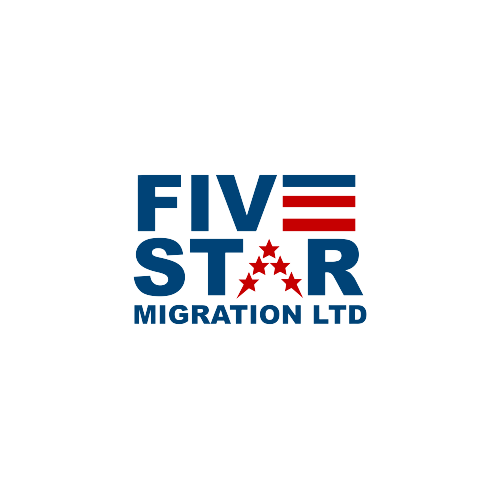About The Country
One of the EU member states along the Baltic Sea is Lithuania. Its region is seen to be strategically advantageous, making it more and more alluring for company growth and investments. Latvia, Belarus, Poland, and Russia are all border neighbours of Lithuania. Recently, the Republic of Lithuania was acknowledged as one of the states standing out for having a very high degree of development, attesting to the nation’s good economic standing and well-being. Its official currency is the euro as of 2014.
Although Lithuanian is the official language, you may also readily meet people who speak English or Russian. Lithuanians comprise 83.7% of the total population, with Poles and Russians closely behind at 6.6% and 5.3%, respectively.
Despite having a tiny size and a population of less than 3 000 000, Lithuania has many things to be proud of. From year to year, there are growing more visitors.
Lithuania is renowned for its scenery, which includes flatlands, many forests, lakes, and marches. Additionally, the Curonian Spit draws travellers with its stunning views and dunes and the coastline, with its sandy beaches where amber may be discovered. In Lithuania, popular vacation destinations include Palanga, Neringa, Druskininkai, and Birtonas. Lithuania places a high value on the environment. Thus, we try to preserve it; several national parks and landscape reserves are worth visiting. There are now five national parks in Lithuania. They are the Curonian Spit National Park, Samogitian National Park, Auktaitija National Park, and Trakai Historical National Park.
The main cities in the nation (Vilnius, Kaunas, and Klaipeda) also offer a lot of attractions. They are renowned for their ancient neighbourhoods, bike lanes, many churches, and museums. One of the biggest in East Europe, Vilnius Old City is included as a UNESCO world historic site.
In Lithuania, various cultural events, concerts, and expositions are regularly scheduled to keep the populace from becoming bored.
Requirements to acquire a Lithuania work permit.
Job Offer: You must have a valid job offer from a Lithuanian employer. The employer will typically initiate the work permit application for you.
Work Experience and Qualifications: Some work permits may require specific qualifications, education, or work experience to ensure you are qualified for the job.
Valid Travel Document: You must have a valid passport or travel document with a validity that extends beyond the duration of the work permit.
Health Insurance: You may be required to show proof of valid health insurance coverage in Lithuania.
Clean Criminal Record: Some work permits may require a certificate or declaration showing that you do not have a criminal record.
Language Proficiency: Depending on the job and the specific work permit, you may need to demonstrate proficiency in Lithuanian or English.
Approved Labor Market Testing: Sometimes, the employer must demonstrate that no suitable candidate from Lithuania or the EU/EEA is available before hiring a non-EU/EEA worker.
Financial Proof: You may need to provide evidence that you have sufficient funds to support yourself during your stay in Lithuania.
Specific Requirements for Specialized Work Permits: Some work permits, like the EU Blue Card, may have additional requirements for highly skilled professionals, such as a certain minimum salary threshold.
It’s important to note that as an EU member state, Lithuania may have specific rules and procedures in line with EU regulations for the free movement of workers within the EU/EEA. Additionally, the application process may differ based on the type of work permit and the applicant’s country of origin.
To get accurate and up-to-date information on the specific requirements for the type of work permit you are interested in, it would be best to consult the Lithuanian Migration Department or the Lithuanian embassy or consulate in your home country. They can provide detailed and current information on the application process and required documents.





